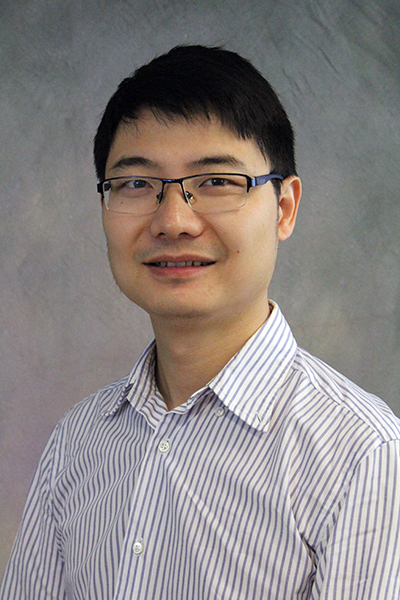Prof. Xiaokang Qiu receives NSF CAREER Award

Xiaokang Qiu, assistant professor of electrical and computer engineering, has received an NSF CAREER award for a project entitled “Democratizing Algorithmic Program Synthesis.” CAREER awards are among the National Science Foundation’s most prestigious awards. They are given through the Faculty Early Career Development Program to recognize untenured faculty members as teacher-scholars.
Qiu is a researcher working on program logics, verification, and synthesis. He leads Purdue ECE’s Computer-Aided Programming group, which develops novel theories and techniques that can help make computer programming easier, more reliable, and more productive. Qiu is also a member of PurPL, the Purdue University Center for Programming Principles and Software Systems.
“This award will serve as a stepping stone for my long term research and educational agenda: to develop next-generation, computer-aided programming systems, and to educate students the thoughts and principles of programming,” says Qiu.
Qiu says the CAREER award will be used for a project to advance ‘program synthesis,’ or the automatic generation of computer programs. He says the goal is to engage with regular programmers by delivering the power of program synthesis to their hands.
“Program synthesis has come a long way, but today’s synthesis tools still expect guidance from an expert: how to decompose complex programming tasks, how to leverage standard libraries, how to tune the code to be optimal, etc.,” says Qiu. “If you want your synthesis tool to have a significant impact, you must make it accessible to novice programmers who are not trained to provide such critical guidance. In this project, we will create novel synthesis systems that let non-experts use with very little effort.”
Early-career faculty members are selected for the NSF CAREER award based on three factors: the strength of their research proposals; their potential to serve as academic role models in research and education; and their leadership in their field and organizations.
